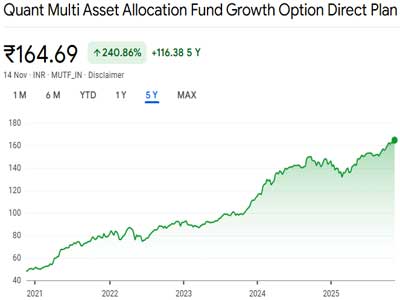Biofuel policies cause price volatility of vegetable oil to increase significantly, research from ESSEC Business School has found, raising concerns around the risks to food security.
The research, undertaken by Roméo Tédongap and Francis Declerck from ESSEC and Prince Hikouatcha and Guillaume Tchoffo from the University of Dschang, analysed the price dynamics of different oils such as Palm, Soybean, Rapeseed, and Sunflower, which can all be used for both food and fuel. They found that after biofuel policies were put in place, the volatility and correlation of vegetable oil prices increased sizeably.
When one vegetable oil price changed, others were also affected, especially after biofuel policies were introduced.
Alongside studying why prices shift, the researchers also assessed how reactions to these price changes varied across nine different countries.
They found that, while in most of the nations included in the study, consumers reacted negatively to price hikes, those in China and Germany reacted positively to such increases.
South Africa was also studied. Consumer sentiment varied, however, depending on the type of oil impacted.
According to the researchers, it’s that biofuel policies have a significant impact on the relationship between different oil prices. They also argue that it raises questions about the impact of biofuel policies on long-term food security.
Roméo Tédongap, Professor of Finance and Director of Research at ESSEC Business School and co-author of the report, says “It’s important to consider alternative fuel sources – but our work shows that it’s also critical to consider how the use of these alternative fuel sources will also impact society and the environment. Our research shows that in the example of biofuels, there can be an impact on consumer behaviour that plays out differently in different markets, making it important to consider the trends in a market before rolling out alternatives.”


















Related Items
Reduce portfolio volatility, capture returns with this mutual fund…
When treatment becomes a profit-driven business…
CEOs who survived childhood disasters take bigger risks with debt